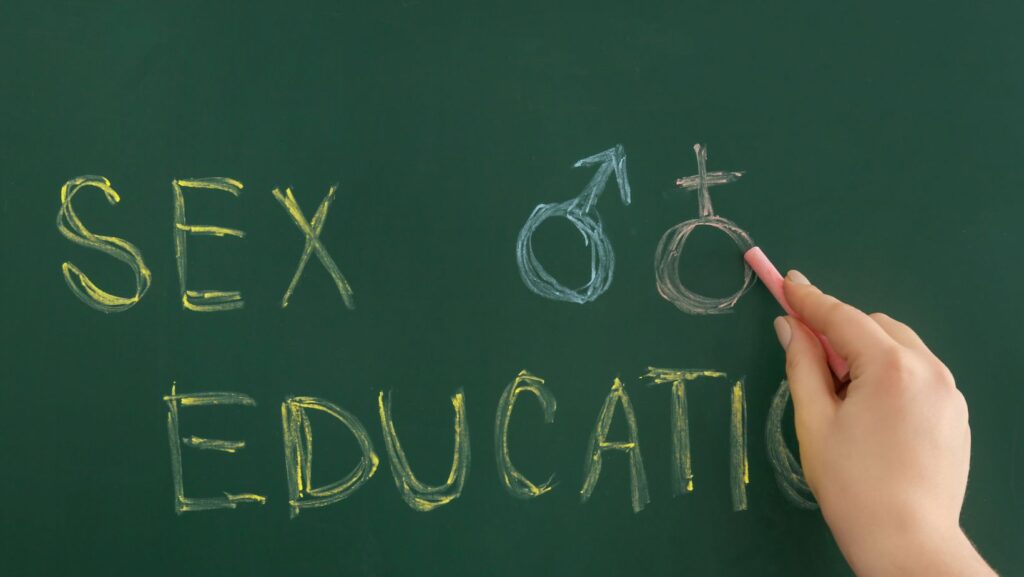
In Which Country is Sex Education Required in Public Schools
When it comes to sex education in public schools, there is significant variation around the world. Different countries have adopted diverse approaches, ranging from comprehensive and inclusive programs to more conservative and limited ones. As an expert in the field, I have analyzed the global landscape to provide you with a comprehensive overview of how sex education is approached in different countries.
The Netherlands is often cited as a global leader in comprehensive sex education. The country’s approach is rooted in a comprehensive and inclusive curriculum that covers a wide range of topics from an early age. Sex education in the Netherlands is mandatory in both primary and secondary schools, regardless of religious or cultural backgrounds.
Exploring Sex Education Practices in Different Countries
When it comes to sex education, different countries have varying policies and approaches. Let’s take a closer look at some countries around the world and how they tackle this important topic in their public schools.
The Netherlands: A Comprehensive Approach
The Netherlands is often hailed as a pioneer in sex education. They have a comprehensive approach that covers a wide range of topics, including consent, reproductive health, gender equality, and LGBTQ+ issues. Sex education in the Netherlands starts at an early age, and students receive age-appropriate information throughout their school years. This comprehensive approach has contributed to the country’s low rates of teenage pregnancies and sexually transmitted infections.
Sweden: Embracing Inclusivity
Similar to the Netherlands, Sweden has a comprehensive and inclusive approach to sex education. They prioritize teaching students about consent, contraception, gender diversity, and sexual orientation. Sweden’s curriculum emphasizes the importance of mutual respect and gender equality. By providing students with accurate and comprehensive information, Sweden aims to promote healthy sexual relationships and prevent risky behaviors.
The United States: Inconsistent Policies
In contrast to the Netherlands and Sweden, sex education policies in the United States vary from state to state. While some states have implemented comprehensive sex education programs that cover a broad range of topics, others rely on abstinence-only education, which emphasizes abstaining from sexual activity until marriage. This inconsistency in policies can lead to gaps in students’ knowledge and may not adequately address important topics such as contraceptive use and sexual health.
Japan: Focusing on Reproductive Health
In Japan, sex education primarily focuses on reproductive health. The curriculum emphasizes understanding the biological aspects of sex and contraception methods. While some schools touch on topics like relationships and communication, the main focus tends to be on the prevention of unintended pregnancies and sexually transmitted infections.
Kenya: A Changing Landscape
Kenya’s approach to sex education is evolving. Traditionally, the topic was considered taboo and rarely discussed in schools. However, in recent years, there has been a push for more comprehensive sex education, particularly in urban areas. Efforts are being made to address topics such as reproductive health, contraception, and relationships. However, barriers such as cultural and religious beliefs still exist, making it challenging to implement consistent and inclusive sex education practices throughout the country.
Mandatory Sex Education: Which Countries Require It?
When it comes to sex education in public schools, policies can vary greatly from country to country. While some nations have made sex education mandatory, others may leave it up to individual schools or have no requirements at all. In this section, I’ll explore the countries that have implemented mandatory sex education in their public school systems.
The Netherlands: The Netherlands is often hailed as a pioneer in comprehensive sex education. The country has made it mandatory for schools to provide comprehensive sexual education that covers a wide range of topics, including consent, contraception, sexually transmitted infections (STIs), and LGBTQ+ issues. The curriculum also emphasizes the importance of healthy relationships and communication skills.
Sweden: Similar to the Netherlands, Sweden takes a progressive approach to sex education. The country requires schools to offer comprehensive sexual education that includes topics like consent, reproductive health, gender equality, and LGBTQ+ issues. Swedish students are taught to embrace diversity and respect for all individuals, regardless of their sexual orientation or gender identity.
France: In France, sex education is mandatory for students starting from primary school. The curriculum covers various aspects of sexuality, such as anatomy, puberty, contraception, relationships, and STIs. France places a strong emphasis on promoting healthy relationships, respect, and consent.
Belgium: Belgium is another country where sex education is compulsory in public schools. The curriculum covers sexuality, relationships, contraception, and STIs, and aims to provide students with the knowledge and skills to make informed decisions about their sexual health.
These are just a few examples of countries that have made sex education mandatory in their public school systems. By implementing comprehensive and inclusive sex education, these nations aim to equip their students with the knowledge and skills they need to navigate relationships, make informed choices, and lead healthy lives.
Next, I will delve into the countries where sex education is not mandatory, leaving it up to individual schools or regions to decide whether to include it in their curriculum.













